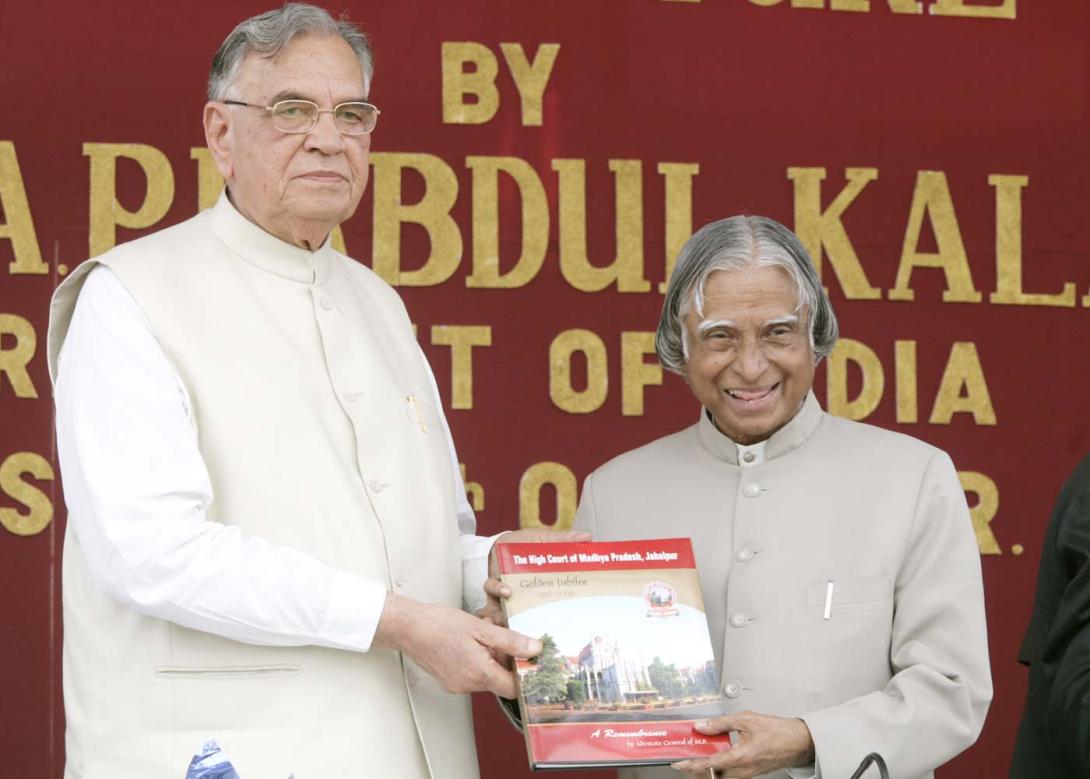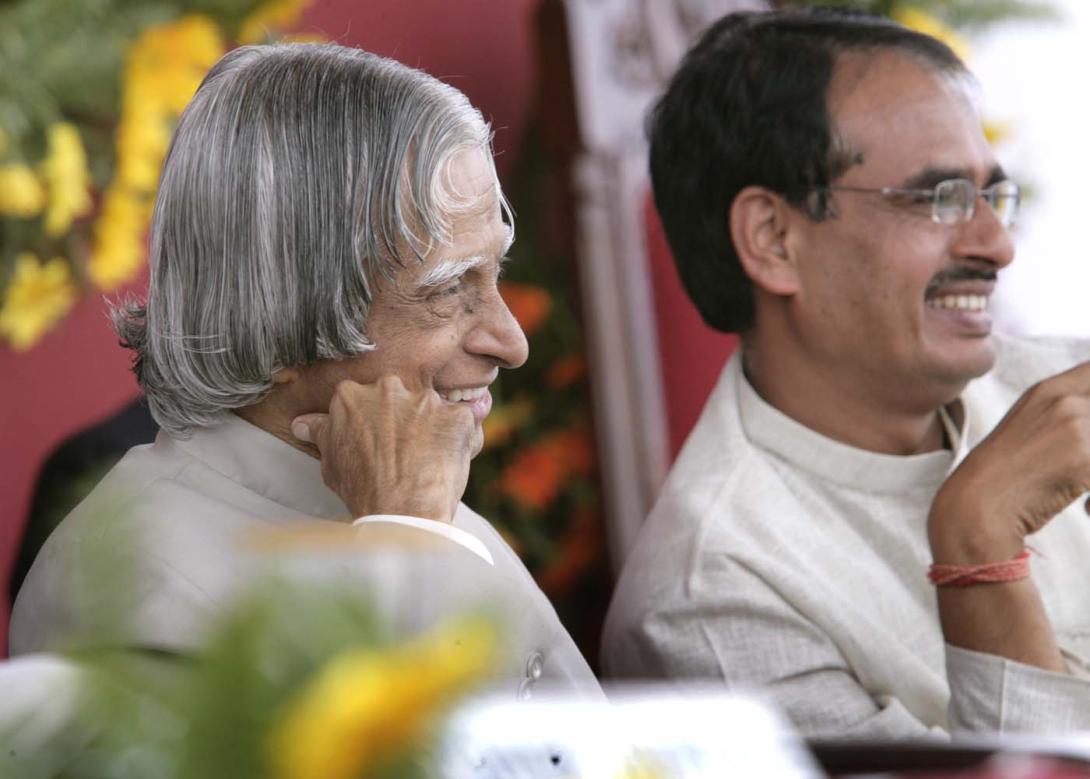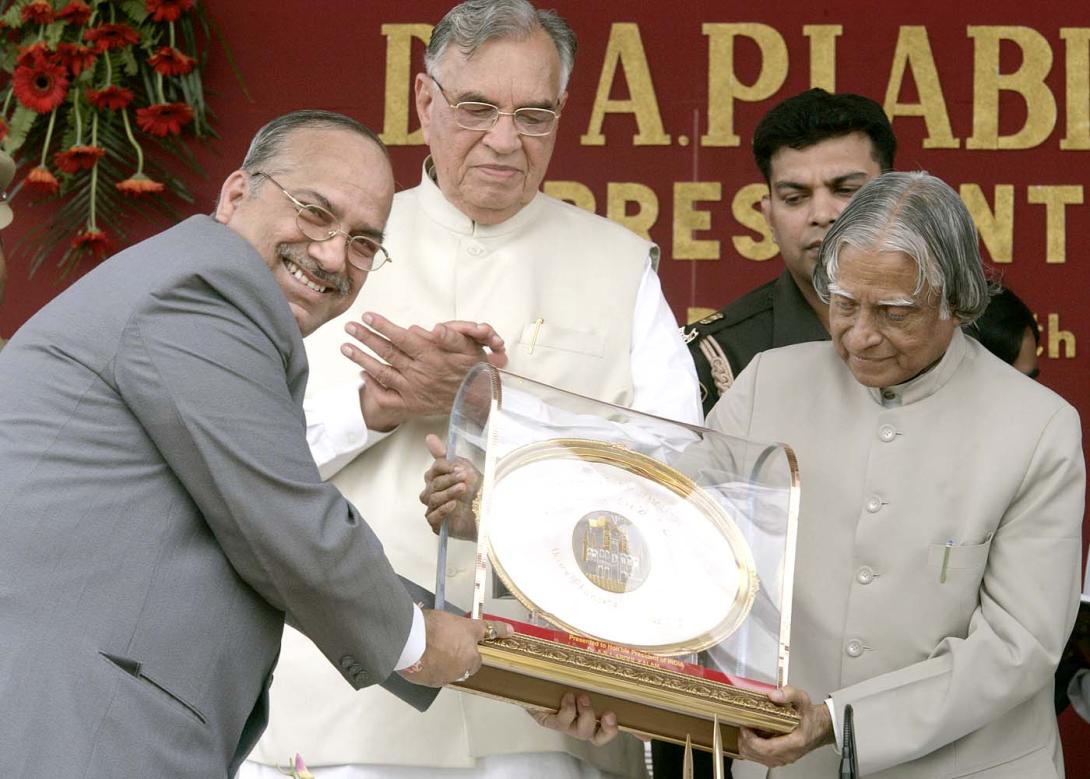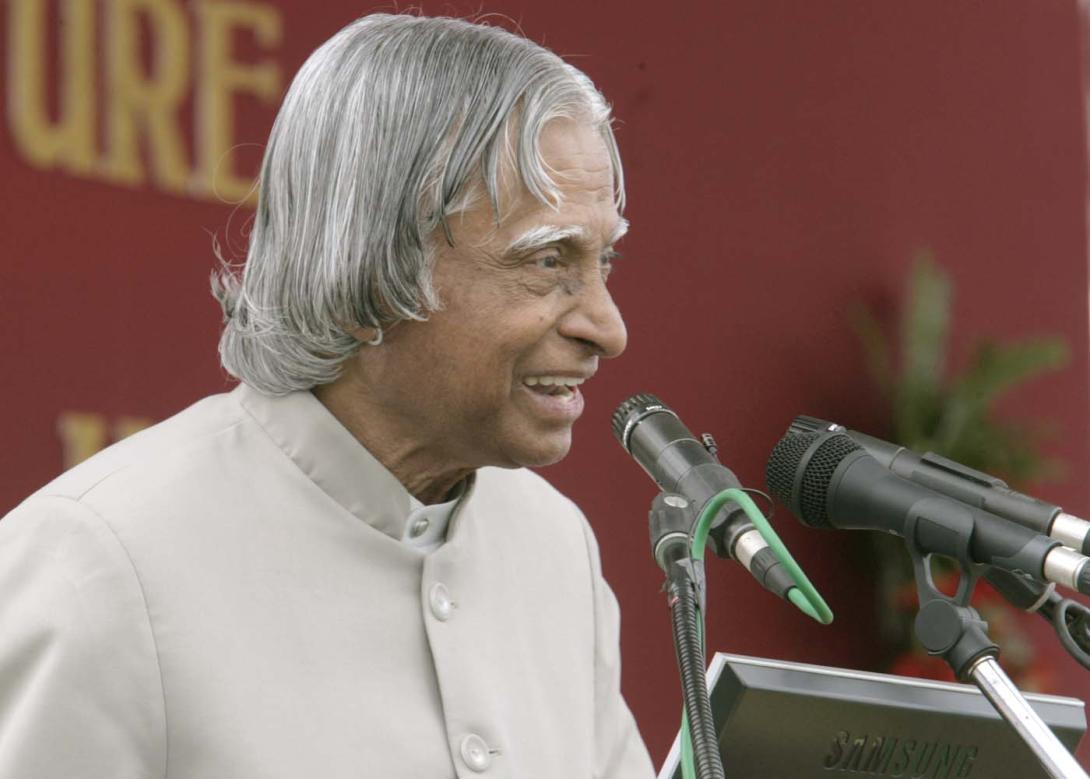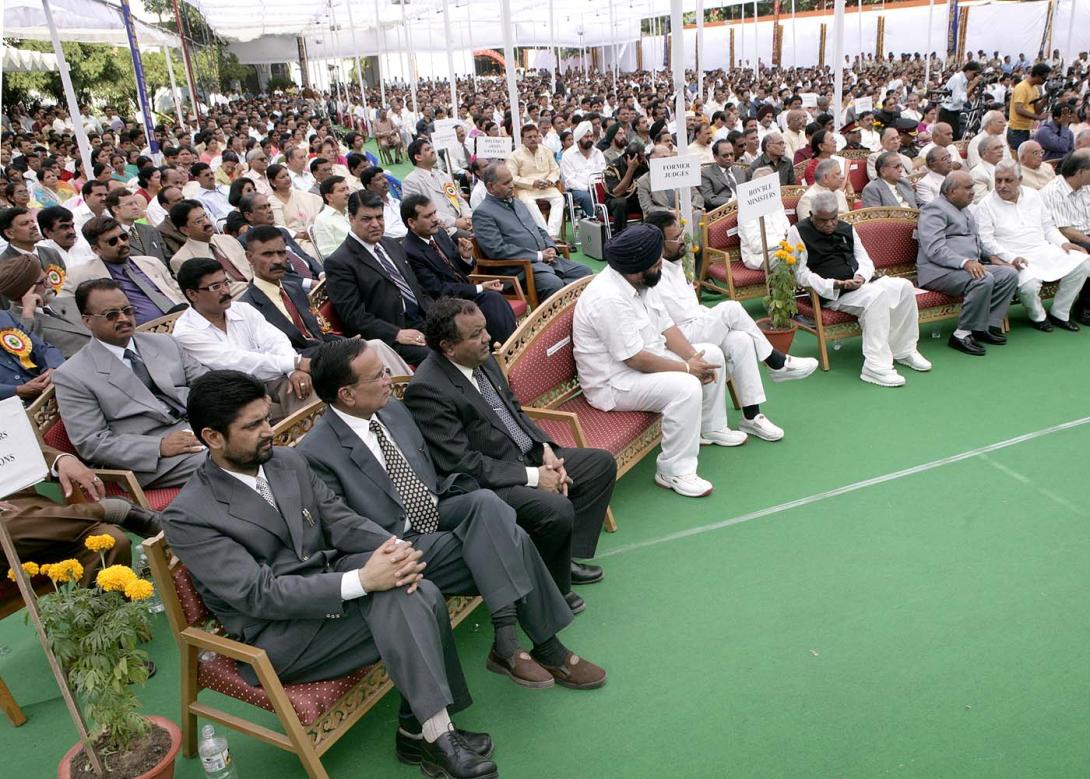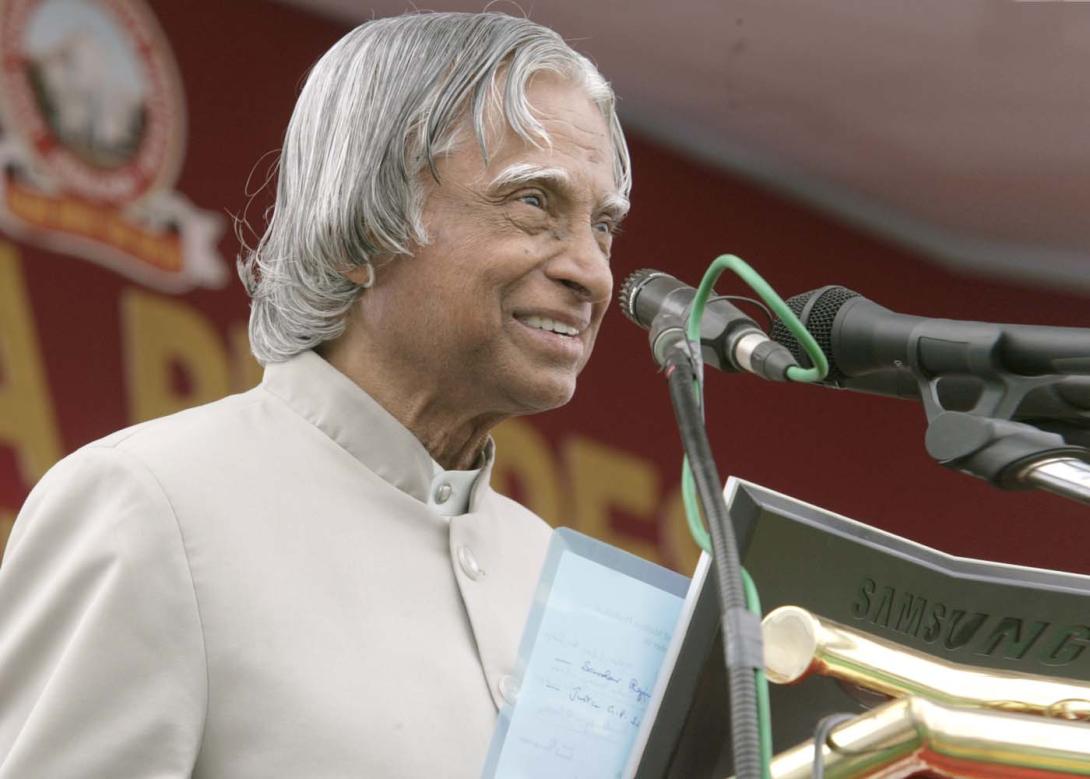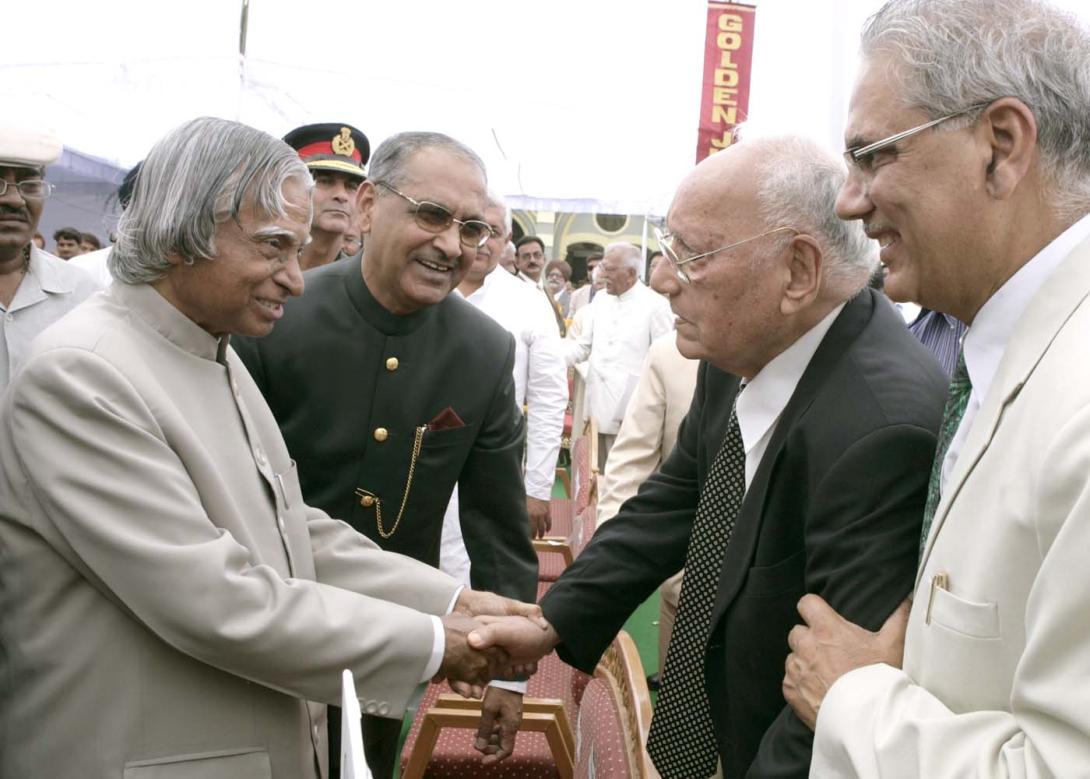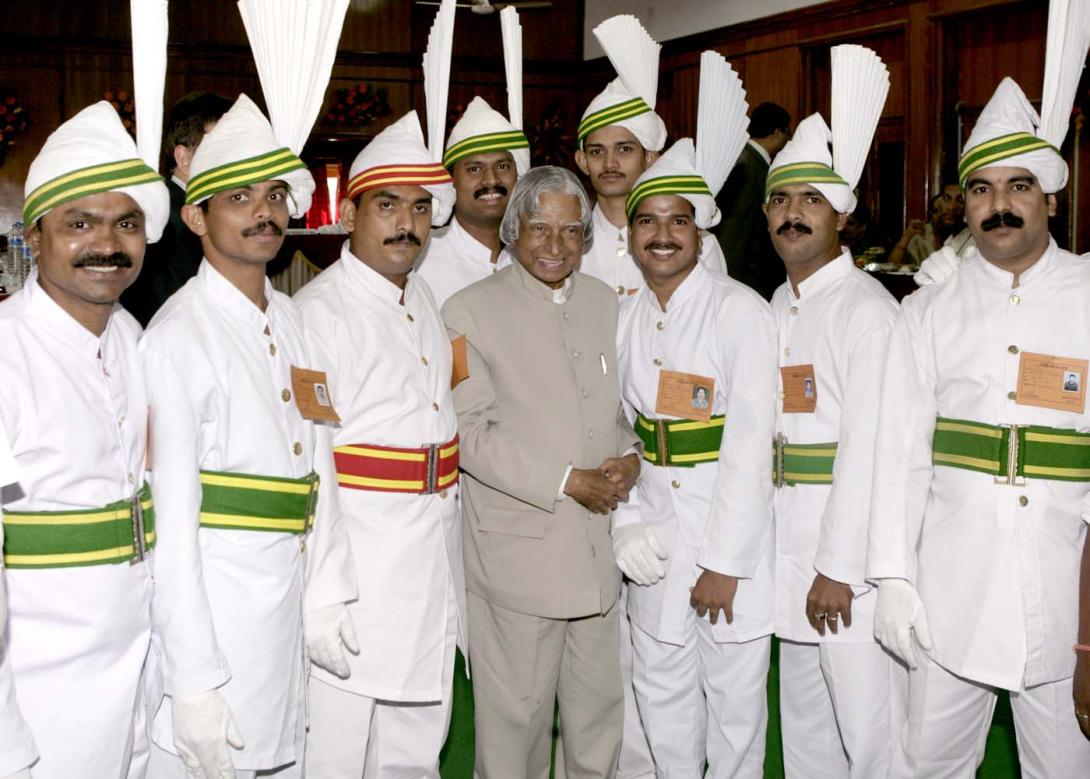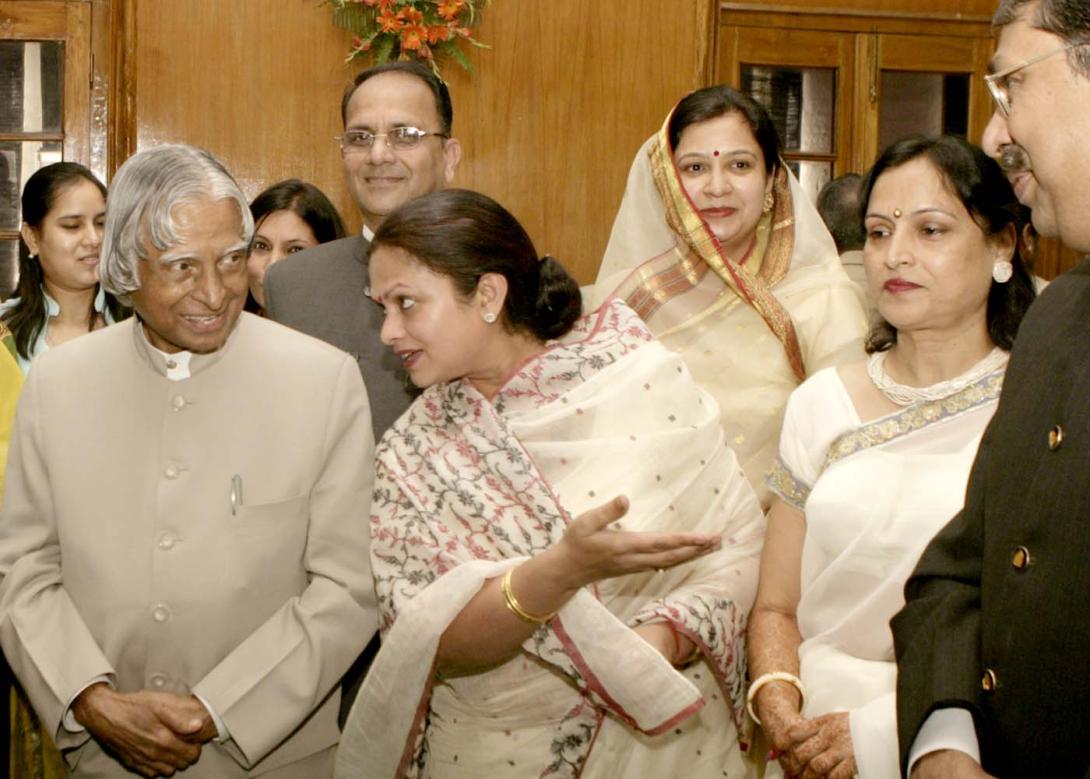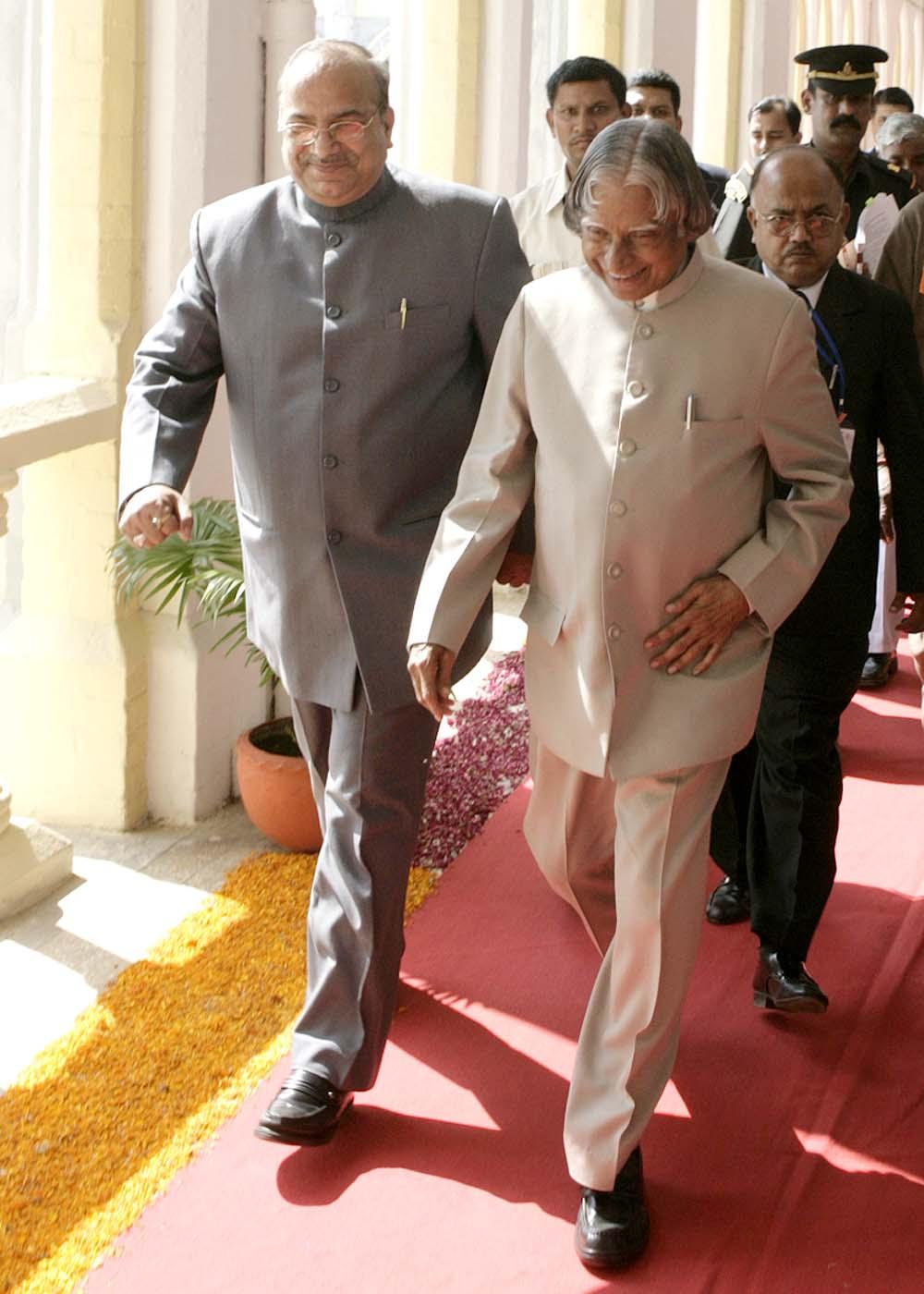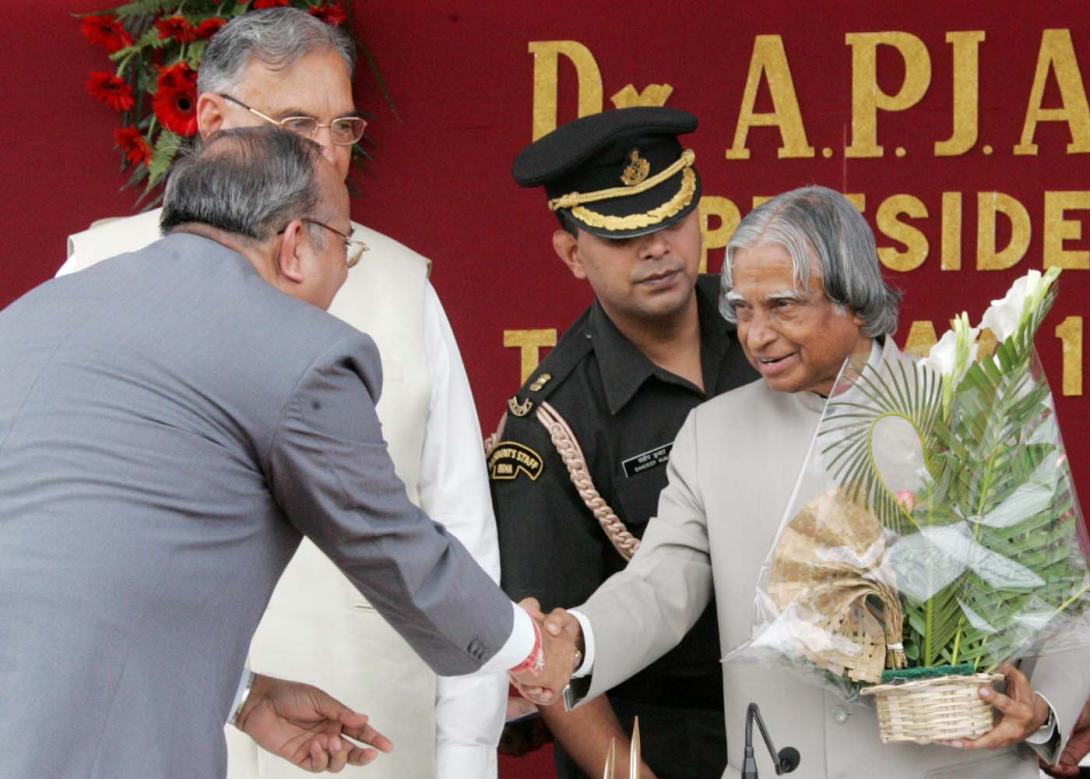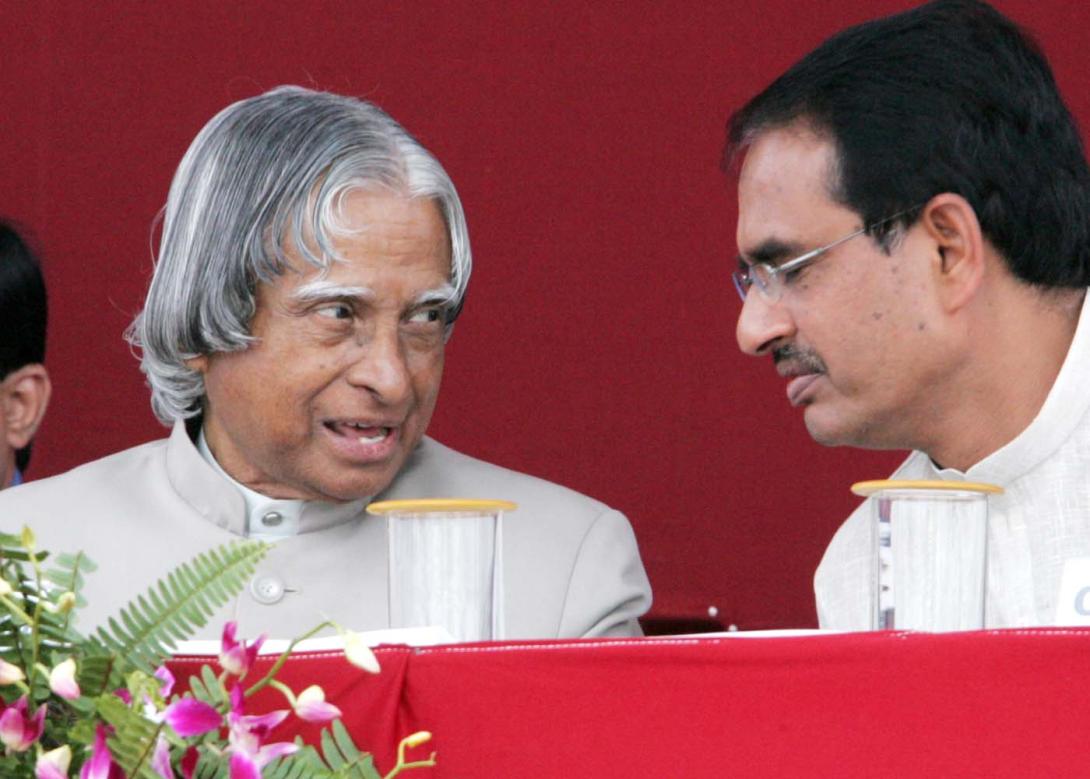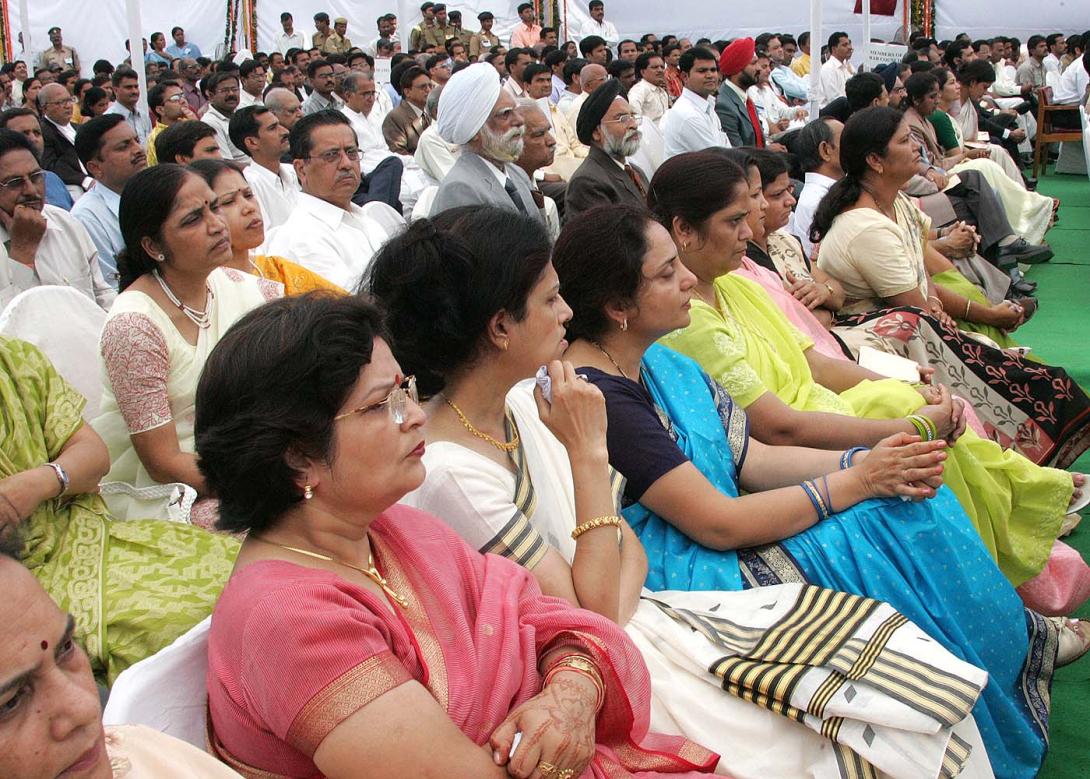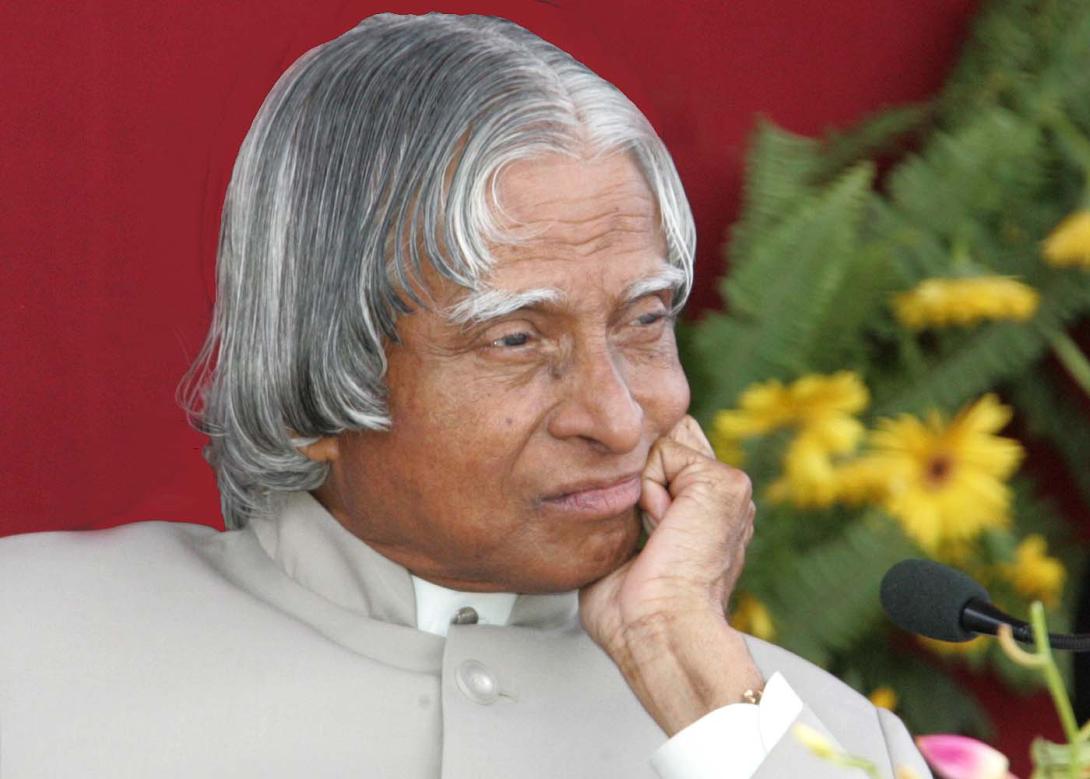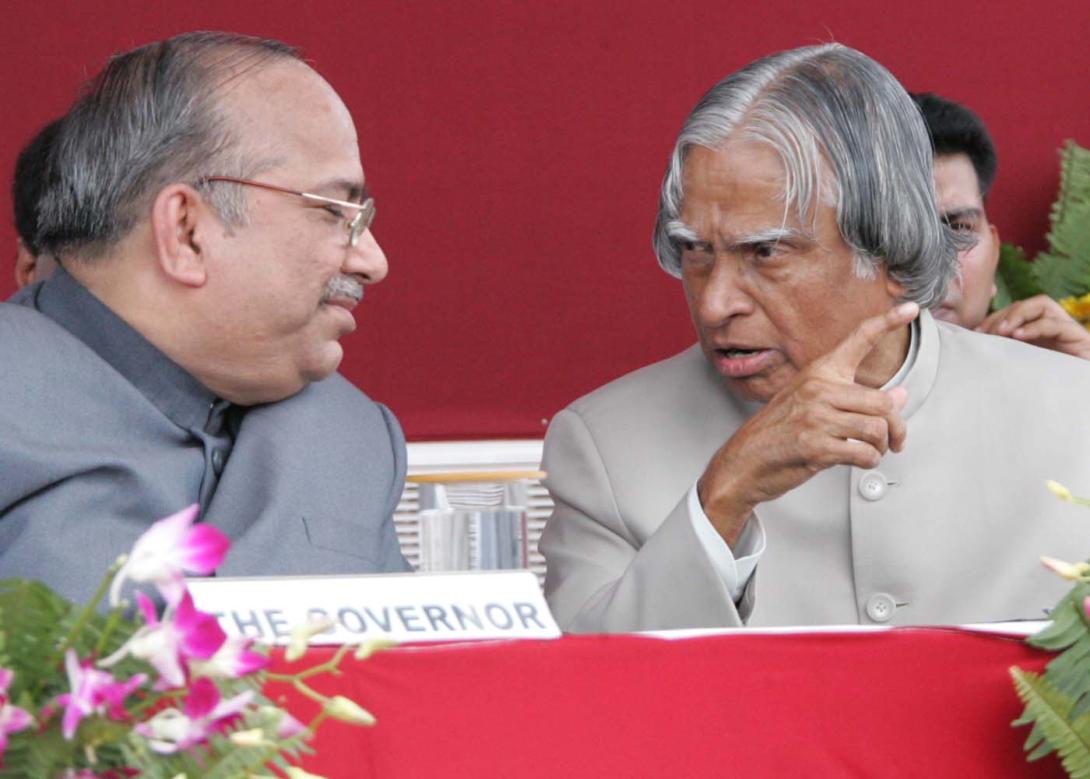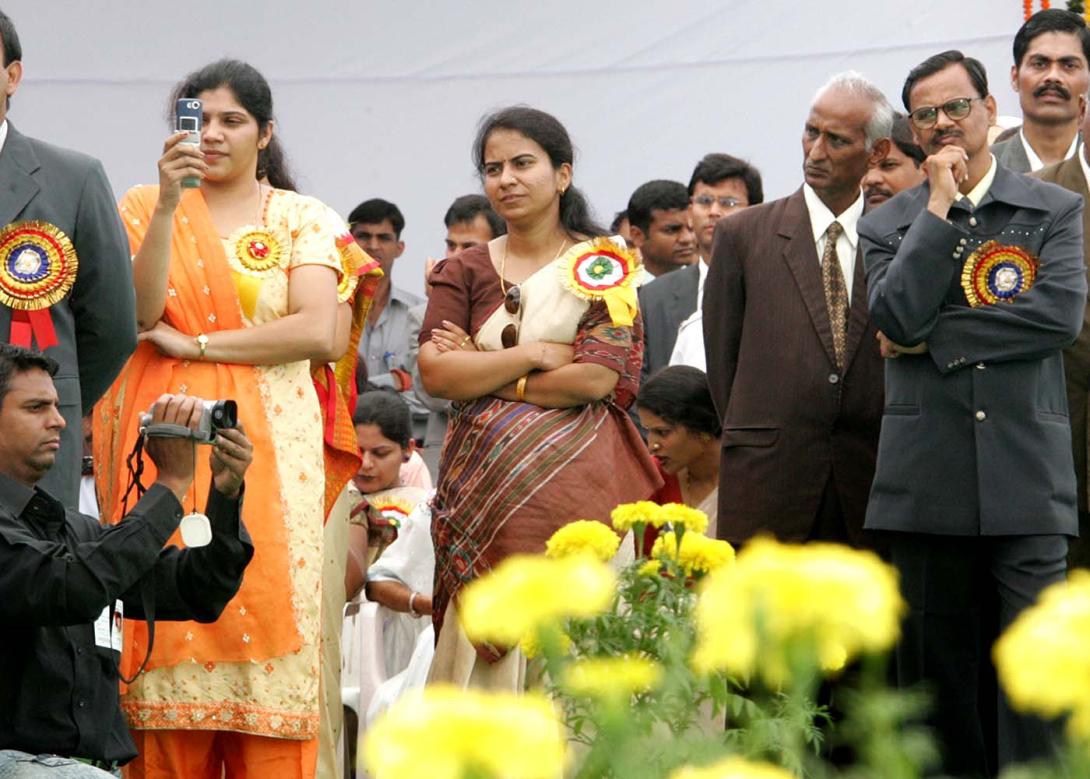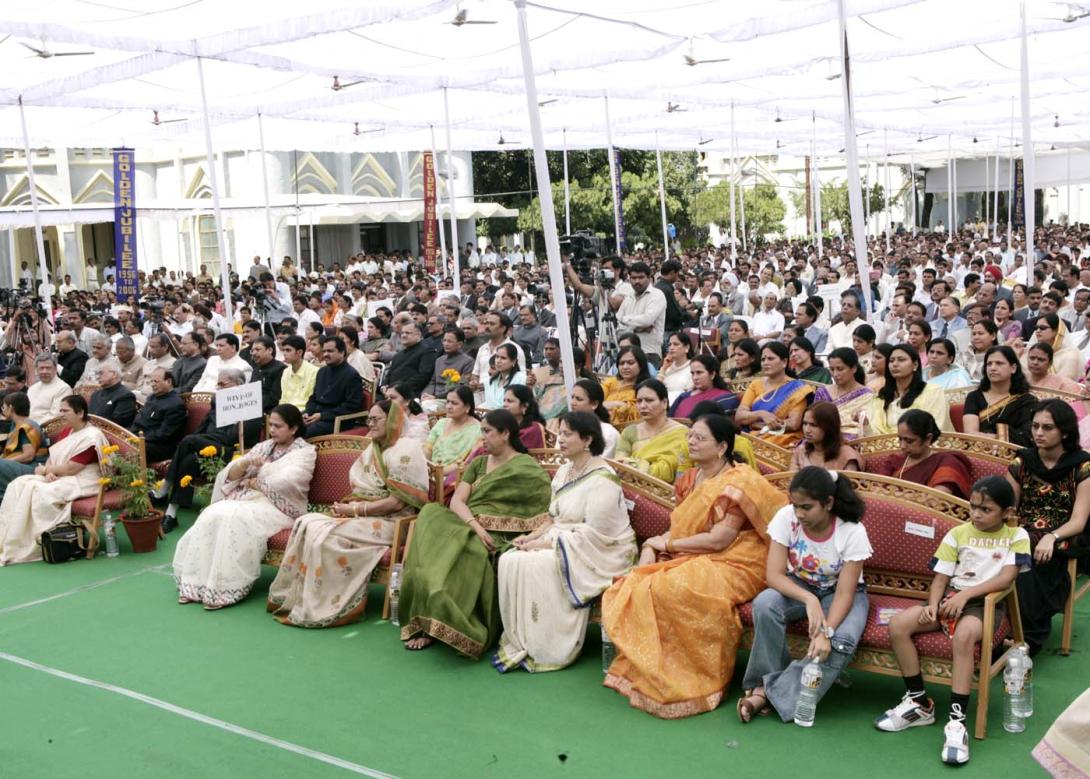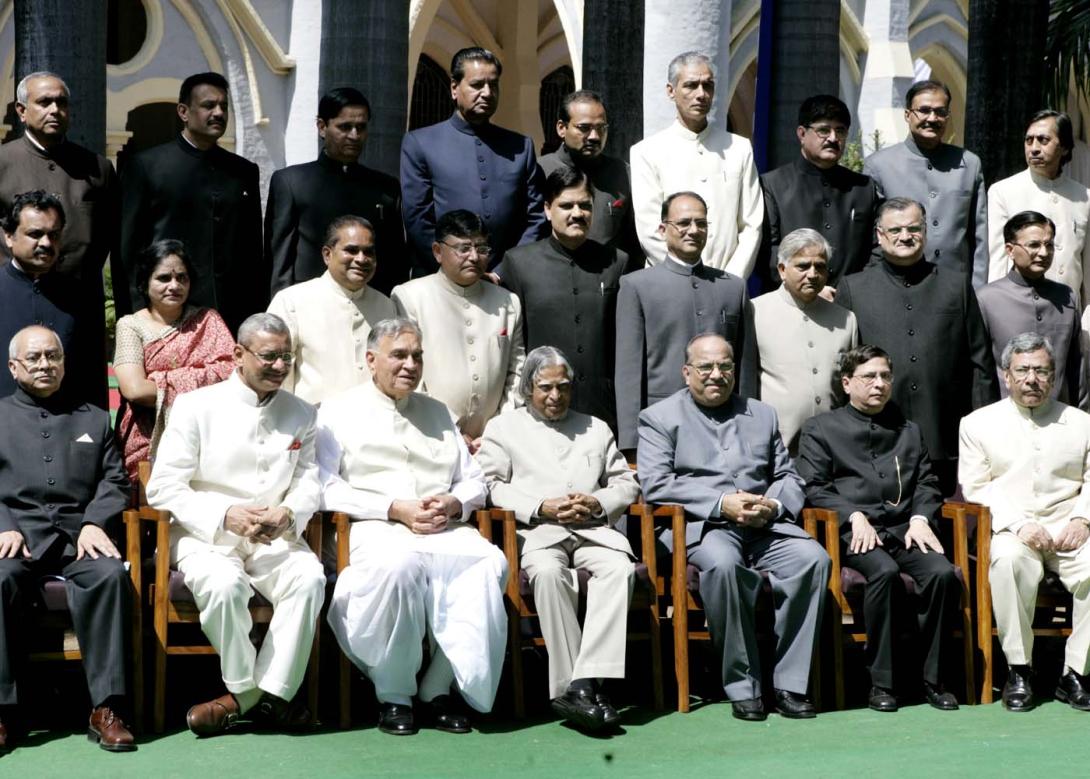Address at the Golden Jubilee Year of the High Court of Madhya Pradesh, Jabalpur, Madhya Pradesh
Jabalpur : 12-10-2006
Dynamics of Justice Delivery System
"Search for truth is the foundation of judiciary"
I am delighted to participate in the Golden Jubilee Celebrations of the Madhya Pradesh High Court. I greet the Hon?ble Chief Justice of the Madhya Pradesh, Hon?ble Justices of the Supreme Court and High Courts, President and members of the Madhya Pradesh High Court Bar Association, distinguished legal personalities and other distinguished guests. During the last fifty years the High Court has dealt with many significant cases of national importance and has provided landmark judgments. I congratulate the Hon?ble Judges, members of the bar association and the legal luminaries, both present and past, who have built a robust institutional framework for the Madhya Pradesh High Court over the last fifty years. When I am in the midst of the Madhya Pradesh Judicial and Legal Community, I would like to discuss the topic on ?Dynamics of Justice Delivery System?.
Leadership with Nobility
Our judicial system is dynamic and an institution which is throbbing with life catching up societal and technological evolution. As the ultimate protector of human rights and the final resort for dispensation of justice, the citizens of India look up to this institution with hope. Our Society is going through a unique dynamics due to the shortage of leadership with nobility. The only hope the nation cherishes and looks to is the judiciary with its excellence and impeccable integrity. We should do everything to make the judicial system succeed. It is said that a nation fails not because of economic progress but because of an increase in decision makers with small minds.
This casts a very heavy responsibility on the entire judicial system to live up to the expectations reposed in it and to maintain the sacred aura attached to it unsullied. Qualities of honesty and integrity are synonymous with each member of the judicial system.
Dynamics of Judiciary
I have interacted with members of Supreme Court, High Courts and members of the Bar Association. It is indeed a beautiful and timely message to the nation when Chief Justice Y. K. Sabharwal suggested the practical concrete steps on speeding up of justice by way of steps like a two shift system of working in the courts and use of IT including video conferencing for recording evidences. I am happy to note that legal aid clinic has been opened in the premises of Madhya Pradesh High Court and is providing legal aid to the needy, the women and tribal population. When I was interacting during the Golden Jubilee Celebrations of Karnataka High Court, the Chief Justice of the Karnataka High Court announced that all the courts in Karnataka will work on Saturdays for reducing the pending cases. I participated in the launching of ?Mobile Legal Aid and Lokadalat in Gujarat and Bihar? with the initiative of Justice Dr. J. N. Bhatt. In September 2006, I participated in the Annual Day Celebrations of Mediation and Conciliation Court in Chennai. Also I came to know about the fast disposal of rape and theft cases in the session courts of Rajasthan and Tamil Nadu. When I was visiting the Jammu and Kashmir border areas, particularly Tanghdhar, Uri and Urusa to meet the earthquake affected people, the Chief Justice of the Jammu and Kashmir High Court, Justice Bashir Ahmed Khan explained to me the process adopted by the Jammu and Kashmir Government in partnership with the members of the Lokadalat for fast processing and provisioning of funds for the reconstruction of houses of the victims of earthquake. I am very happy with these trends and I congratulate the Supreme Court, High Courts and District Courts for taking many innovative actions to speed up justice delivery. I am sure Madhya Pradesh High Court and District Courts, while celebrating the Golden Jubilee, may take up innovative judicial reforms that will bring fame to the judicial system of Madhya Pradesh. This action will particularly aim at bringing down the pending cases to the 1/10th of present pending cases within the next 2 years. Now, I would like to discuss the importance of Mobile Legal Aid and Lok Adalat, since the state of Madhya Pradesh has large tribal areas, where the justice should reach.
Mobile Legal Aid and Lok Adalat
I would recommend creation of a number of Mobile Legal Aid and Lok Adalats for Madhya Pradesh. I would also suggest that all Mobile Legal Aid and Lok Adalats spread in different parts of the state can be networked. The number of cases settled in each month can be presented. This will provide the transparency to the villagers and many will come forward for getting their cases settled. Eventually, speedy settlement of number of cases will bring down the pendency in the Courts and also provide the rural people the necessary peace in their mind. This will enable them to apply their efforts towards development tasks.
In the rural judicial system justice is always with the truth. A system of dispute resolution I saw in Chitrakoot in Madhya Pradesh, where I met Shri. Nana Deshmukhji (Age 90) and his team members belonging to Deendayal Research Institute (DRI). DRI is a unique institution developing and implementing a village development model which is most suited for India. Apart from all these development activities, the institute is facilitating a cohesive conflict free society. As a result of this, I understand that the eighty villages around Chitrakoot are almost litigation free. The villagers have unanimously decided that no dispute will find its way to court. The differences will be sorted out amicably in the village itself. The reason given by Nana Deshmukhji is that if the people fight among each other, they have no time for development. I consider that the extension of this type of model throughout the state may result in the development of a peaceful society in Madhya Pradesh. Both Bar Association and the Judiciary may consider implementing the system.
Age analysis of the cases
I would suggest that the Hon?ble Justices assembled here may like to organize the conduct of a systematic analysis of the ?age? of the pending cases in the High Court and in the district and sessions Courts. If we carry out such an exercise, it may be possible, we may find cases which are pending for five years, ten years, fifteen years, twenty years, thirty years and so on. On further examination of the cases we may find that the parties who are involved in the litigation of very old cases are either not there or they may not be interested in pursuing the case any more. If this process is systematically done, in my opinion at least twenty five to thirty percent of the total pending cases can be closed in one go. I understand that this procedure has been adopted in some High Courts and has resulted in clearing of many cases. Simultaneously, along with this analysis, grouping may also be done to sort out the cases in which same or similar law points are involved so that these cases would be placed before a particular judge or a bench for disposal. The combined process of age analysis and grouping will definitely result in disposal of a large number of pending cases in a time bound manner. At this stage itself, computer based sorting out methodology will be useful.
Potential of e-Judiciary
Computerization of the High Court and the Subordinate courts is essential for the development of e-Judiciary system. From the time the case is registered, till it is disposed off with judgment, the entire processing must take place electronically. This will enable easy search, retrieval, grouping, information processing, judicial record processing and disposal of the cases in a transparent manner and enable quicker disposal of cases. At any time the complainant should be able to find out, what the stage is? Which Court? what date? and what subject will be dealt with by the Court during a particular hearing, enabling the litigant to be fully prepared for the case. Apart from bringing in total transparency in the case, the judges can also see how the case has progressed, how many adjournments have been sought, whether the grounds are trivial or serious and many such information which will make the delivery of justice impartial. Madhya Pradesh should take up this mission of transforming into an e-judiciary. In certain high courts, e-judiciary system has started functioning. I am very happy to mention that action for connecting all the fifteen thousand courts in the country from the District Court to the Supreme Court through a Wide Area Network has been approved by the Government. I consider this as a very important step and should be completed through a mission mode/ time bound operation.
Judiciary and Purity
I have studied the judiciary and legal process in the country. Every citizen wants purity in the system. My study indicates that there are several interfaces in the total system. They are:
1. Political Leaders
2. Law makers ? MPs and MLAs
3. Citizens
4. Administration
5. Police
6. Lawyers and Law School
7. Judges ? Supreme Court, High Court, district courts
8. Media
Every interface has to be transparent and pure, then only an integrated solution from Judiciary will emanate.
1. Political leaders
Respect the law and do not use the processes of power to circumvent the law of the land. Political leaders should set an example for civil society. They have to ensure that the common man is getting a fair deal from the democratic government. The answer does not depend on the constitution but on how democracy works in practice.
2. Law makers
Simplify the Law, discard irrelevant old Acts. Make the system in such a way that the dispensation of justice takes place fast and fairly.
3. Citizens
Respect for others rights and also attempt to use the legal system for good purposes and not for petty, selfish ends or for power politics.
4. Administration
Administration should be responsive, proactive and also innovative to keep pace with contemporary changes and expectations. Administrators should use technology like e-governance to give fast decisions in all respects. It is essential to introduce the National Citizen Identity Cards throughout the country within a year. National Citizen Identity Cards will bring order and accountability in the society and minimize crimes.
5. Police
The Police system should function in a way that good citizens will have faith and nothing to be afraid of. They should not succumb to any external pressures in carrying out their function delivery of justice. They should protect honest officials in discharging their duties. Citizens should feel comfortable and confidence to seek help of the police. At the same time since police personnel have to discharge their duties irrespective of the time of the day, their remuneration and facilities have to be reviewed and made consistent with their responsibilities.
6. Lawyers
The legal profession is not a mere business but it has the responsibility to unfold truth. Therefore they should abide by the principles of professional ethics. Law schools should engender such values at the beginning and senior lawyers should become role models.
7. Judges - Supreme Court, High Courts, District and other courts
Make truth prevail irrespective of the level of the stature of the affected parties. Speed of delivery of justice is crucial for citizens. Create a mechanism for handling of societal crimes. Courts have a tendency to give the benefit of doubt to the accused purely due to technical reasons. Here, I am reminded of the famous statement of Nani Palkhivala ?law is somewhere and justice is somewhere else?. I would suggest that the Hon?ble Justices assembled here should take the responsibility to ensure that both law and justice become convergent and point towards the same direction. One of the important issues which is to be addressed in the State of Madhya Pradesh is crimes against tribals. The judiciary can find a method by which cases relating to such crimes are dealt with on priority and they are not allowed to drag on through multiple adjournments and multi-level of appeals. A system needs to be designed to resolve the issue fast without sacrificing the principle of natural justice. This is an important area where all the members of the judiciary and the legal community have to work together towards a lasting solution.
8. Media
The media should remain vigilant and pro-active. However, they should apply adequate caution not to pre-judge issues or become sensational.
All the eight interfaces have to be made functional fully to realize a beautiful nation, the nation of transparency.
Conclusion
Recently I came across how a Court enlisted citizen?s participation in promoting innovation in judiciary. The Chief Justice of a nation invited people with good ideas on how to improve the court system. The provider of the best idea could win $ 30,000 in cash. Any one could submit the idea and they could be in any area of court work from general administration to specific court services, financial management and technologies. As a part of the Golden Jubilee Celebrations of the Madhya Pradesh High Court, the Honorable Chief Justice of Madhya Pradesh may consider inviting such suggestions for improvement and reward the idea provider suitably. This will enable the Madhya Pradesh Court system to become one of the best court systems in the country. Our judiciary has a glorious tradition. It has given wholesome meaning and healthy content to our democracy. We have every reason to be proud of our system and I have no doubt that as days go by, our judicial system will go from strength to strength justifying the citizens? faith in it and their hopes and aspirations for speedy dispensation of justice.
Once again let me greet all the members of the Legal and Judicial Fraternity of the Madhya Pradesh High Court on the occasion of the Golden Jubilee Celebrations. My best wishes to all of you in your mission of providing speedy justice with nobility.
May God bless you.

